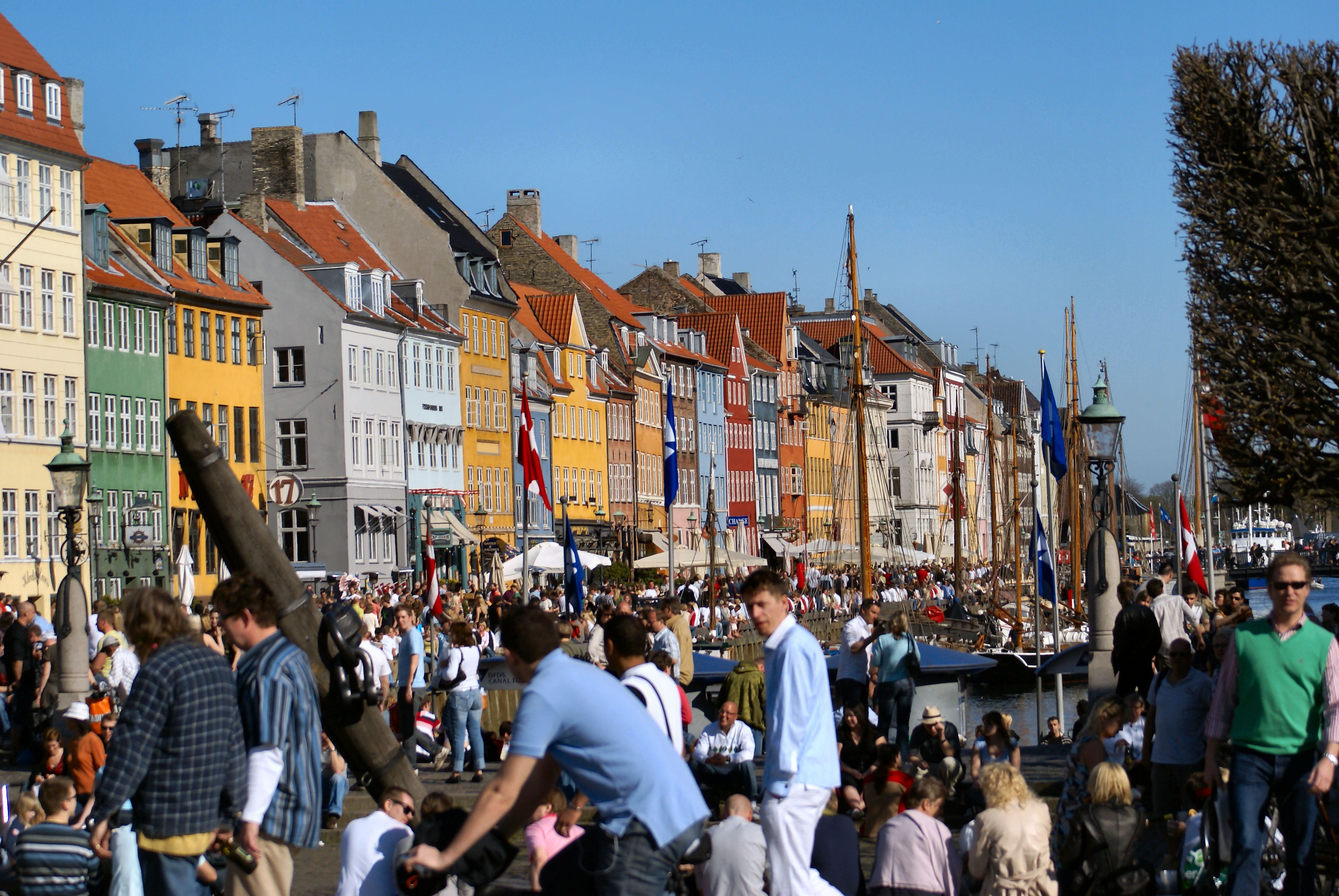Banks will now have to pay to have their money in the central bank, Nationalbanken, after interest rates last week dropped into the negative for the first time ever.
Interest on deposits in the Nationalbank now lies at -0,2 percent while lending rates were cut to 0.2 percent.
The move was made last Thursday and comes after interest rates on government bonds dipped into negative territory in June – investors end up paying to purchase the bonds rather than being paid for lending the government money, as is usually the case.
The krone has been under increasingly intense pressure from investors that started to purchase the currency that is seen as a safe haven compared to the euro.
As a result the kroner risked strengthening too much against the euro, which placed pressure on the tight peg that Nationalbanken tries to keep with the common currency.
Speaking to finanical daily Børsen, Sydbank’s chief economist Jacob Graven said that the decision to reduce the interest rates was made to defend the Danish economy.
“Nationalbanken is reducing the interest in order to make it a little less attractive to investors to invest in Danish kroner compared to the euro,” Graven said.
With banks now facing the extra cost associated with lending to Nationalbanken, concern has been voiced that consumers may end up shouldering the burden.
Karsten Ahlquist, Danske Bank group managing director, told Politiken that no decision had yet been made on whether to pass on the cost, but added that, “of course it costs us money when it starts costing us to have money in Nationalbanken.”
Christian Hilligsøe Heinig, chief economist at Realkredit Danmark, also told Politiken that most people would unlikely notice any change.
“The reduction in the interest rate and negative bond interest demonstrate the continuing bad economic climate and nervousness of investors rather than anything that will have a noticeable effect on the Danish economy or households,” he said.
The move last Thursday immediately followed announcements by the ECB, the People’s Bank of China and the Bank of England to ease their monetary policies.













